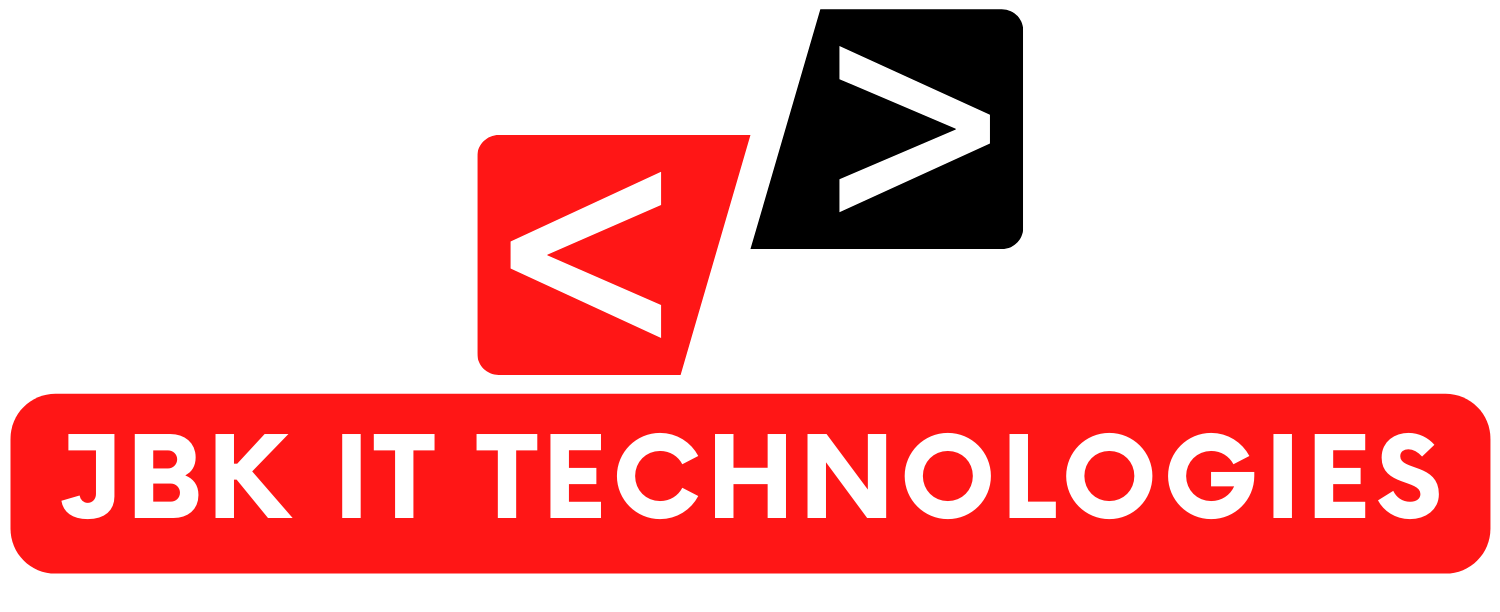Overview of SMS Marketing
SMS (Short Message Service) marketing is a form of mobile marketing that utilizes text messages to communicate promotional messages, updates, and information to a targeted audience. Here’s a comprehensive overview of SMS marketing:
1. Direct and Immediate Communication:
a. Instant Delivery: SMS messages are delivered almost instantly, allowing businesses to reach their audience promptly.
b. High Open Rates: SMS messages typically have higher open rates compared to emails, making it an effective channel for urgent or time-sensitive communications.
2. Types of SMS Marketing:
a. Promotional Messages: Offering discounts, promotions, or special deals to encourage immediate action.
b. Transactional Messages: Providing order confirmations, shipping notifications, or appointment reminders.
c. Alerts and Notifications: Informing customers about updates, product launches, or important announcements.
d. Surveys and Feedback Requests: Seeking customer opinions and feedback through interactive SMS messages.
3. Opt-In and Permission-Based:
a. Express Consent: Businesses must obtain explicit permission from individuals before sending marketing messages, ensuring compliance with regulations like GDPR.
b. Opt-In Strategies: Encouraging users to subscribe voluntarily through various channels, such as websites or mobile apps.
4. Personalization and Targeting:
a. Personalized Content: Customizing messages based on customer preferences, behaviors, or demographics.
b. Segmentation: Targeting specific groups with relevant content to enhance engagement.
5. Cost-Effective:
a. Lower Costs: SMS marketing can be more cost-effective than traditional advertising channels, with no need for printing or postage.
b. Higher ROI: The immediacy and high open rates contribute to a potentially higher return on investment.
6. Automation and Integration:
a. Automation Platforms: Using SMS marketing platforms to schedule, automate, and track campaigns efficiently.
b. Integration with Other Channels: Combining SMS marketing with other channels for a cohesive and integrated marketing strategy.
7. Compliance and Regulations:
a. TCPA (Telephone Consumer Protection Act): Regulations in the United States that set guidelines for SMS marketing, including consent requirements.
b. GDPR (General Data Protection Regulation): European regulations governing the collection and processing of personal data, impacting SMS marketing practices.
8. Metrics and Analytics:
a. Delivery Rates: Measure the percentage of successfully delivered messages.
b. Open Rates: Track how many recipients open the SMS messages.
c. Click-Through Rates: Measure the engagement by analyzing how many recipients take action on the provided links.
9. Challenges:
a. Message Length Limitations: SMS messages are typically limited to 160 characters, requiring concise and focused content.
b. Opt-Outs: Providing an easy mechanism for subscribers to opt-out is crucial to maintain compliance and positive customer relationships.
10. Future Trends:
a. Rich Media SMS: Integration of multimedia elements like images, videos, and interactive buttons in SMS messages.
b. Chatbots and AI: Using artificial intelligence to enhance automated, interactive SMS conversations.
SMS marketing, when executed thoughtfully and within legal boundaries, can be a powerful tool for businesses to engage with their audience directly, convey time-sensitive information, and drive customer actions effectively.
